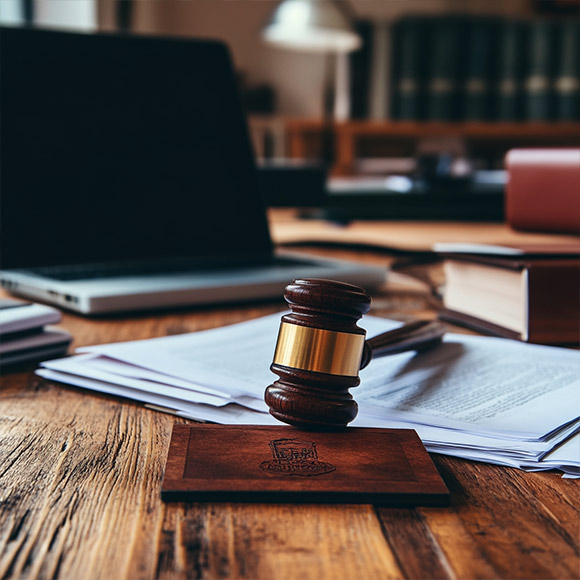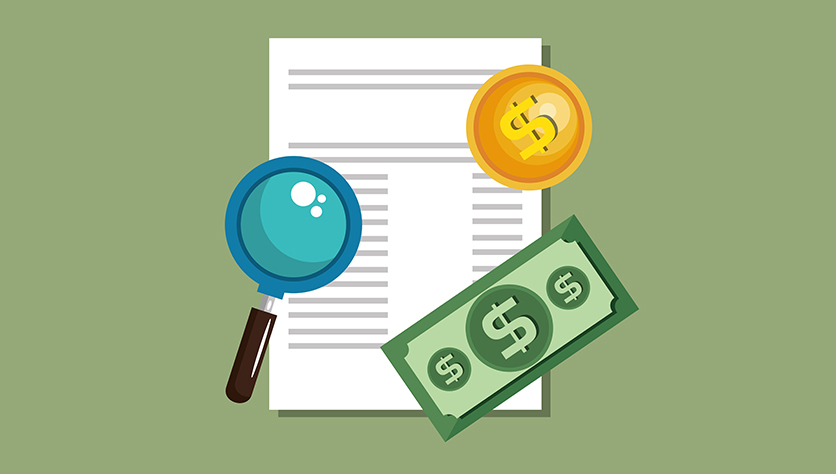
Questions and answers about Media and Advertising Law
My tenant has stopped paying rent and refuses to communicate. What legal actions can I take?
I have been accused of a crime and may face legal action. What steps should I take to defend myself?
A close relative passed away without leaving a will. How can I ensure my share of the inheritance?
I was injured at work due to unsafe conditions. What are my rights to claim compensation?
I was stopped by the police while driving. What are my rights and obligations?
My landlord has raised my rent unexpectedly. Is this legal, and what can I do about it?
I think my recent dismissal was unfair. What steps should I take to file a claim?
I’ve discovered that my neighbour has extended their property onto my land. What are my legal
Recent articles
Select the city below to get to the lawyers on this topic.:
Service catalog
People also ask:
The best lawyers in Cambridgeshire
We have compiled a list of the best Cambridgeshire lawyers with complete information. Prices, reviews, phone number and address.
Reviews from lawyers at Cambridgeshire
Our service contains real reviews of lawyers; we do not delete negative reviews and there is no way to cheat it.
How much does it cost to consult a lawyer at Cambridgeshire?
Consultation with lawyers at Cambridgeshire starts from 80 GBP and above (prices may vary depending on the complexity of the question and the form of the answer)
Is it possible to get legal services from Cambridgeshire for free?
To begin with, formulate your question clearly and concisely and try to ask it; if it is not difficult and you can answer it quickly, then lawyers often answer them for free. But the right to determine the cost of consultation remains with the lawyer.
Where to look for a good lawyer in Cambridgeshire?
This can be done on the UK lawyer search service Lawyers-uk.com absolutely free. It is important to know that convenient search and communication with a specialist is free, but consultation and services of the specialists themselves may be paid.
How much does it cost to hire a lawyer in Cambridgeshire?
Prices for legal services are determined by the amount of work and complexity of the case. On average, legal services start from 80 GBP. Select candidates based on ratings and reviews. Many have examples of completed work!
When should you contact a lawyer?
When should you contact a lawyer? People decide to visit a lawyer when they have difficult difficulties. Professional assistance from a lawyer at Cambridgeshire is often sought when a case is already in court or in an institution and is not going as desired. Or even worse, the case is already lost. Therefore, we advise you not to delay your request and solve the problem on the shore.
When do you need a lawyer?
In what cases should I contact a lawyer? A lawyer is needed when a citizen is suspected or accused of committing a crime. In such cases, legal assistance is provided, which is expressly provided for by the UK Criminal Procedure Code.
What is included in legal advice?
Legal advice includes an analysis of situations and a lawyer’s recommendations on possible actions. define two types of negotiations – judicial consultation and written consultation (legal opinion). What kind of help depends on the situation and the client’s wishes.













